Learn and Grow
Information, resources, and insights for the pediatric therapy journey.

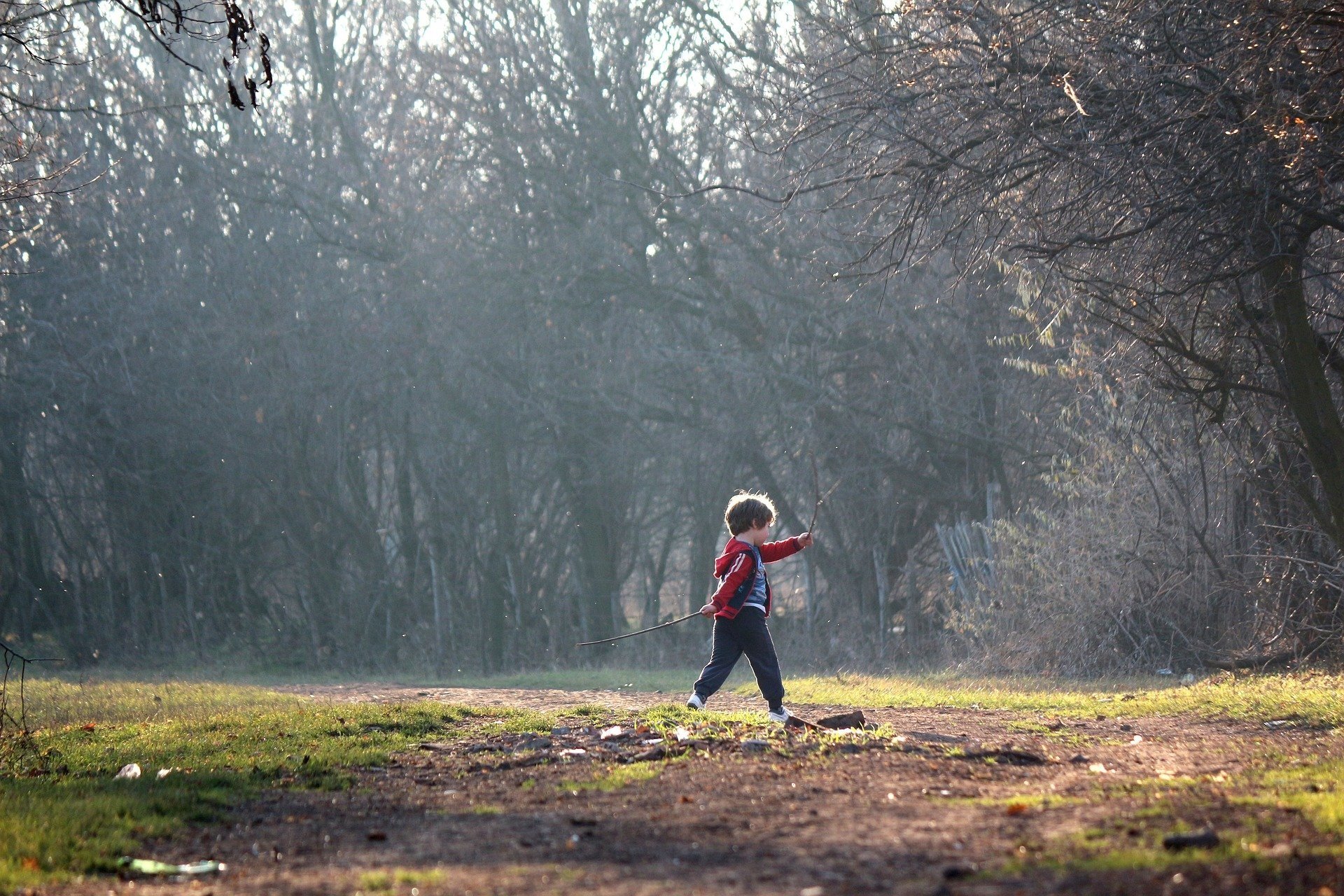
From Mud Pies to Monkey Bars: The Incredible Benefits of Outdoor Play
Mother Nature is calling. Why you should answer the call!
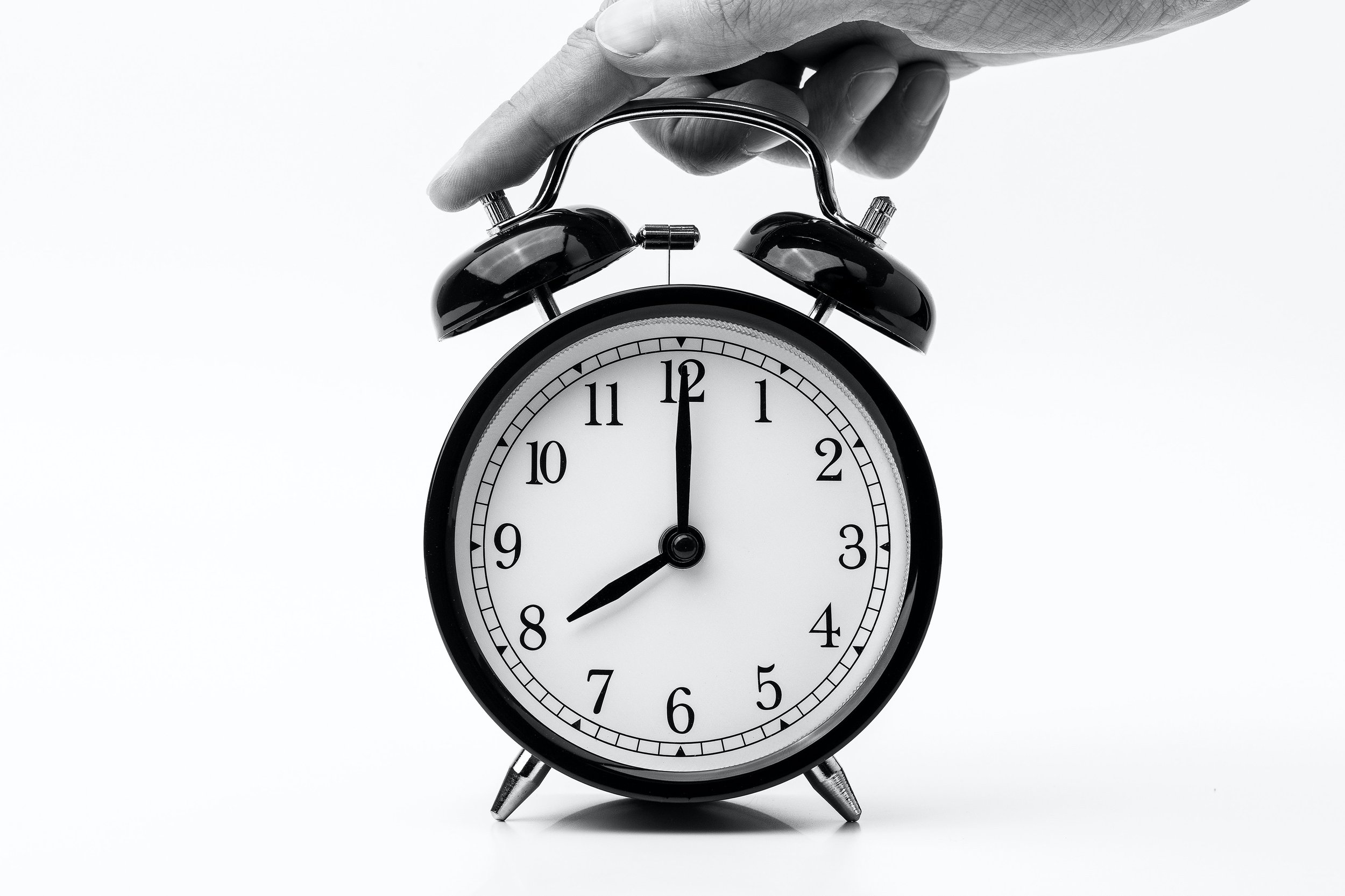
8 Tips for Making Common Daily Transitions Easier for Your Child
When it’s time to go…. Tips for making transitions easier.
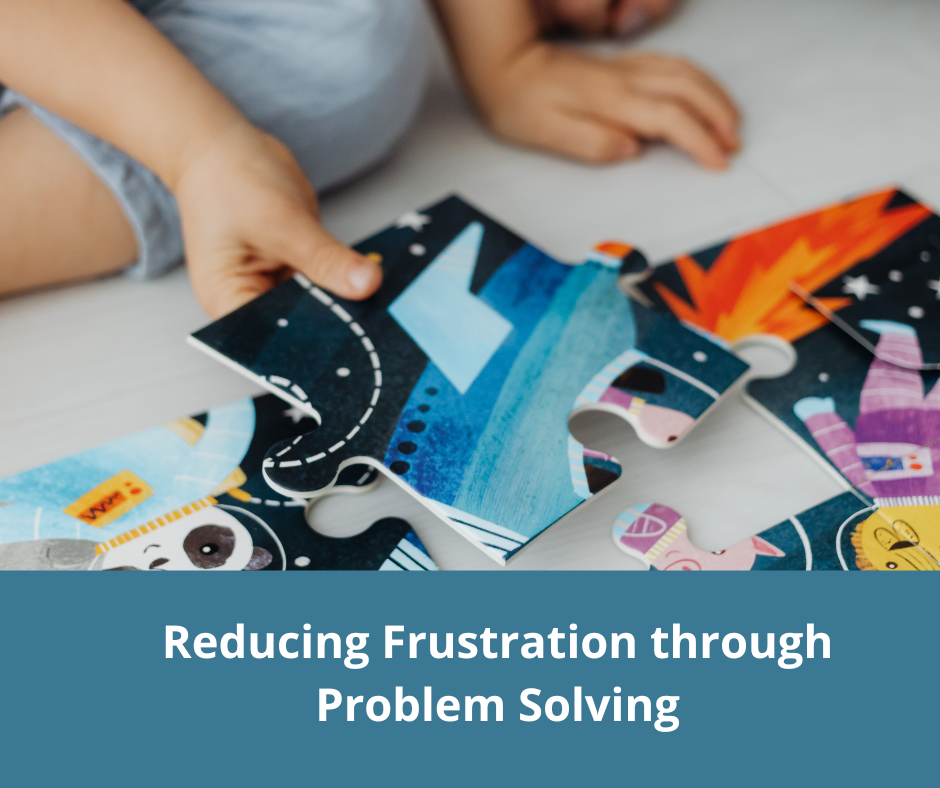
Does Your Child Become Easily Frustrated?
When your child becomes frustrated, he may become emotional, act out, or give up on an activity. If this frequently occurs, your child may limit his participation in activities to those that he can do well.

Compliments that will Inspire Children
6 ways to compliment children that will lead to them feeling proud of themselves, feeling recognized for their efforts and accomplishments, and feeling inspired to continue to work towards goals.

10 Beautiful Books that will Spark Your Child's Imagination and Creativity (preschool - early elementary school)
Children who are imaginative and creative engage in rich play themes, solve problems, and more easily handle life’s little bumps. Here are my top 10 recommended books for sparking your child’s imagination, creativity, and ability to be a flexible thinker.
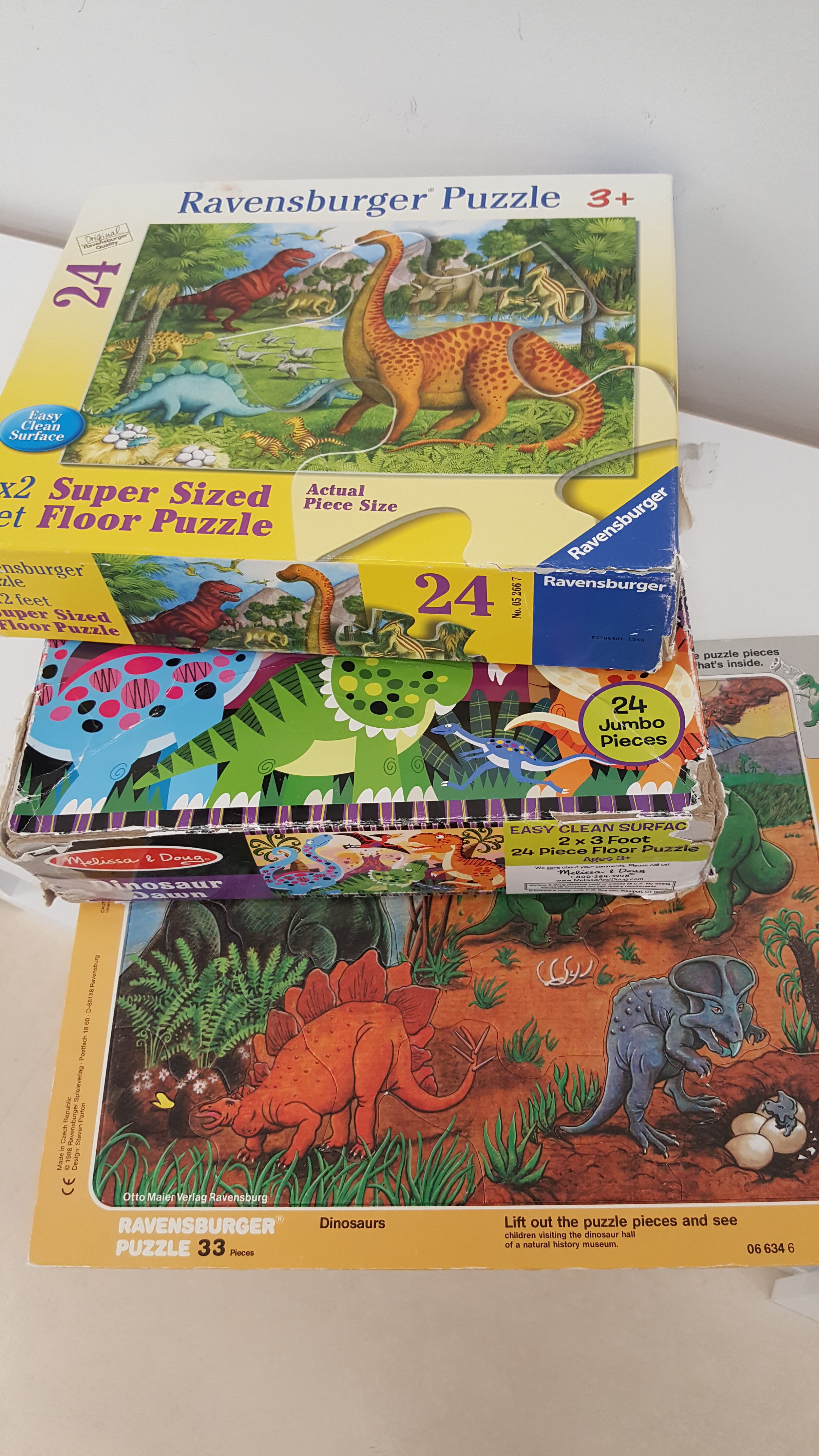
5 Important Kindergarten Readiness Activities
As your Pre-K child prepares to enter kindergarten there are many activities outside of learning ABCs and 123s that will help him build the skills he needs for a successful kindergarten experience.

Kindergarten Readiness
The start of kindergarten is a big occasion in a child’s (and their parents’!) life. The pre-kindergarten year is an important time for children to develop the skills they will need for kindergarten.

Turning Feeding Challenges into Feeding Victories
When your child struggles with eating it can be difficult to know what to do.
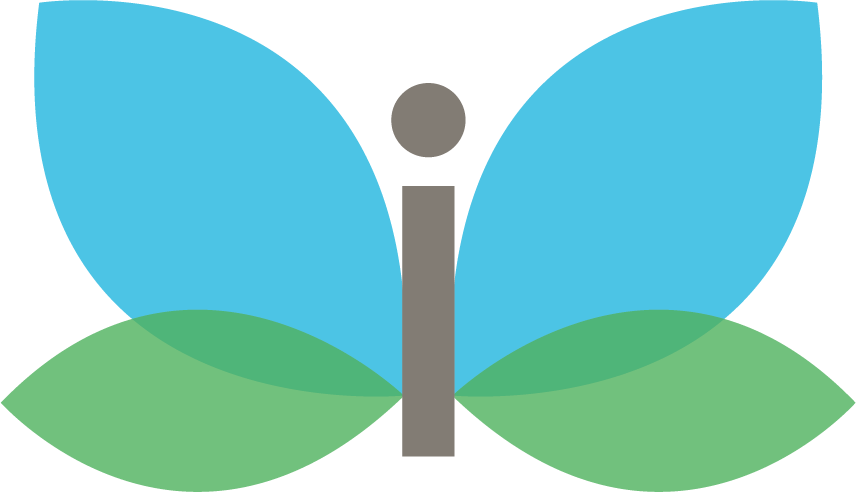

Development of General Knowledge for Children with Autism
It is important that children with autism develop a broad base of meaningful general knowledge. Only when a child has a wealth of general knowledge can he engage in a meaningful way with objects, animals and people.
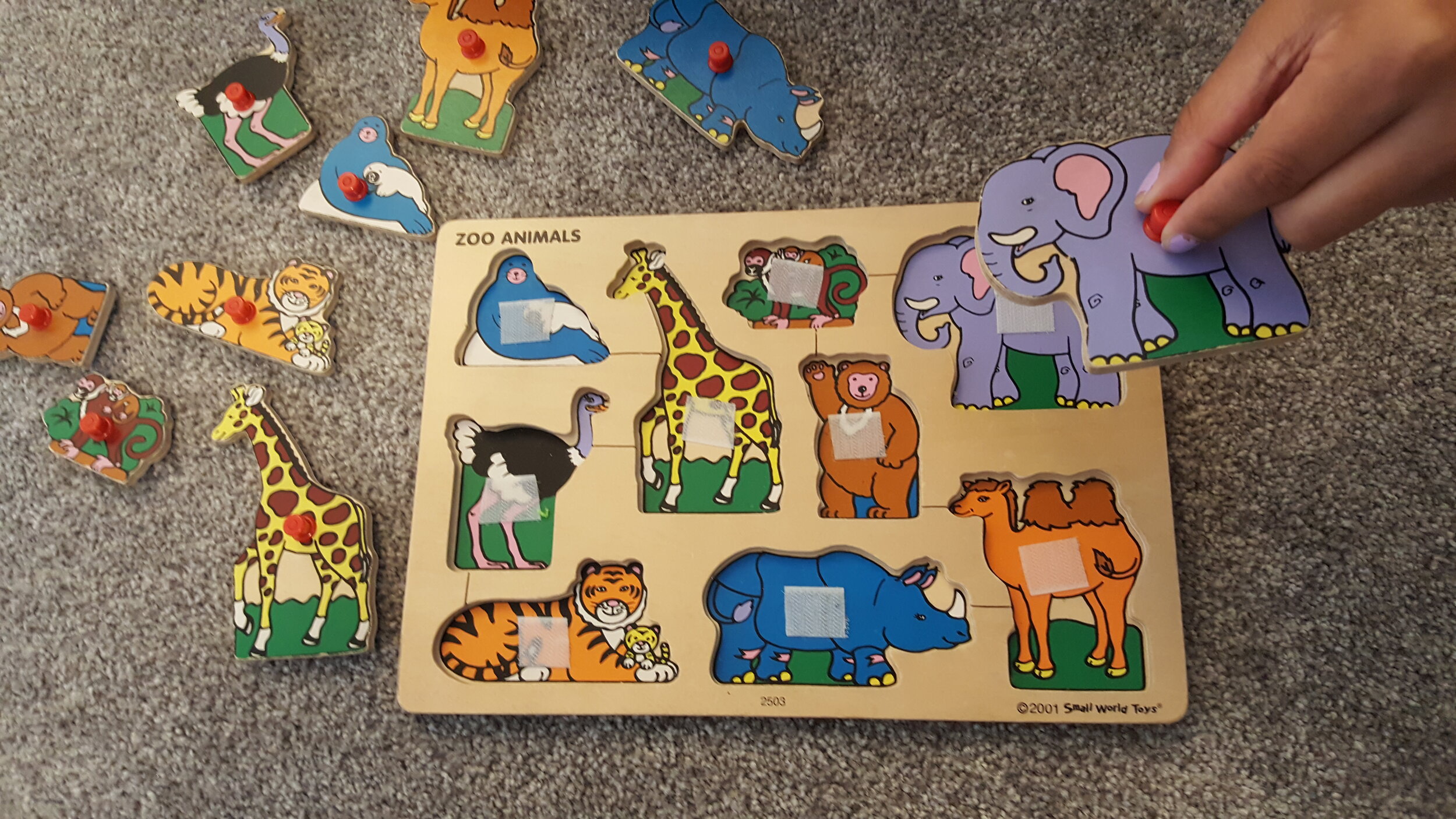
Brain Boosts
If your child has mastered an activity such as building an inset puzzle, jumping, or catching and throwing a ball, it may be time to add a “brain boost” to it.
OTs role in Feeding Therapy at PDC
Did you know: Occupational therapists (OTs) at the Pediatric Development Center can help children who have feeding challenges. These challenges can include limited diets and food preferences, avoidance of entire food groups, strong reluctance to try new foods, and a strong desire for rules and routines at mealtimes. OTs can help families set up beneficial meal time routines and help children become more comfortable around exploring and eating new foods.
OT Teletherapy at PDC
Did you know: PDC Virtual teletherapy services are open to all children in Maryland. PDC provides speech-language, occupational therapy (OT), and physical therapy services. Occupational therapy helps children develop the skills they need to participate in the occupations of childhood
OT and Activities of Daily Living
Did you know: Occupational therapists are experts at teaching children how to perform self care tasks and making daily routines more manageable for the entire family?
Is PDC Right for My Baby?
Did you know: Therapists (speech, occupational, and physical therapists) at the Pediatric Development Center can help babies who are behind on achieving developmental milestones.

Handwriting Help
Did you know: Occupational therapists are experts at teaching children of all ages how to write legibly with speed and confidence?
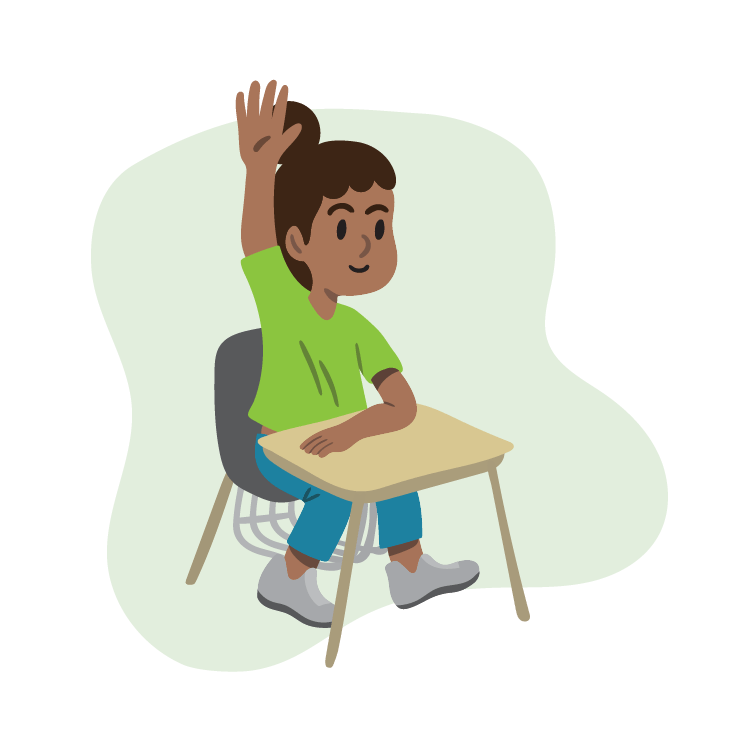
Can OT Help Your Rising Kindergartner?
Did you know: Kindergarten readiness is about much more than academic knowledge? In fact 5 other factors are considered to be just as important:
social and emotional development
approaches to learning
language and literacy
cognition and general knowledge
physical development and health.
Autism and PDC Therapy
Did you know: Occupational therapists help children with autism develop social, play, self-regulation, motor, executive functioning and self-help skills?
Becoming a Flexible Thinker at PDC
Did you Know: Children who are flexible thinkers tend to play with their toys in a variety of ways, they are usually able handle life’s little ups and downs and can solve small problems. Children who demonstrate more rigid thinking patterns tend to have difficulty solving small problems, adapting to change, demonstrating creativity in their play and considering another person’s perspective. They often need more support from adults to regulate their emotions and behaviors. They may be anxious in social situations and when trying new things. Occupational therapists can help children to develop more flexible thinking skills.
